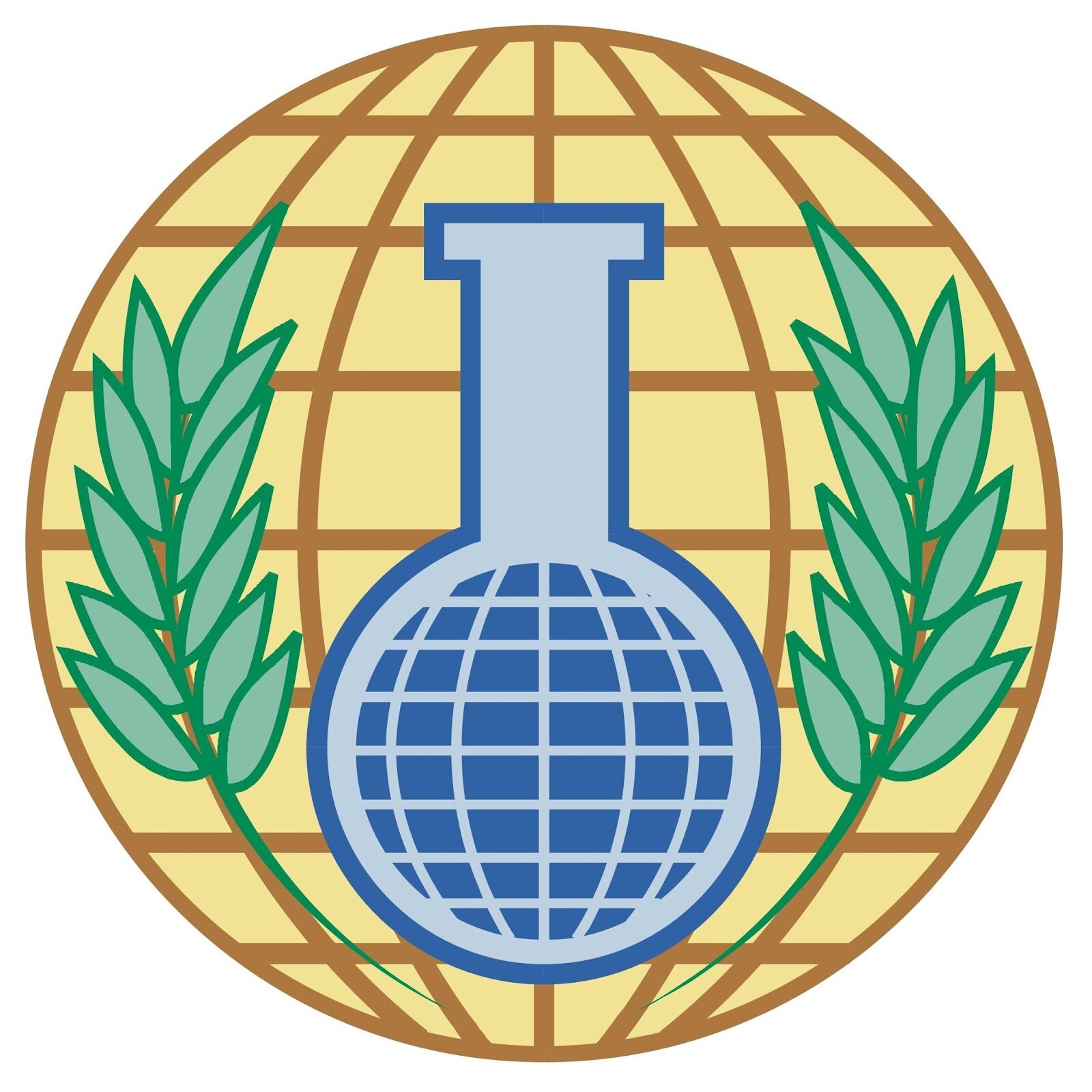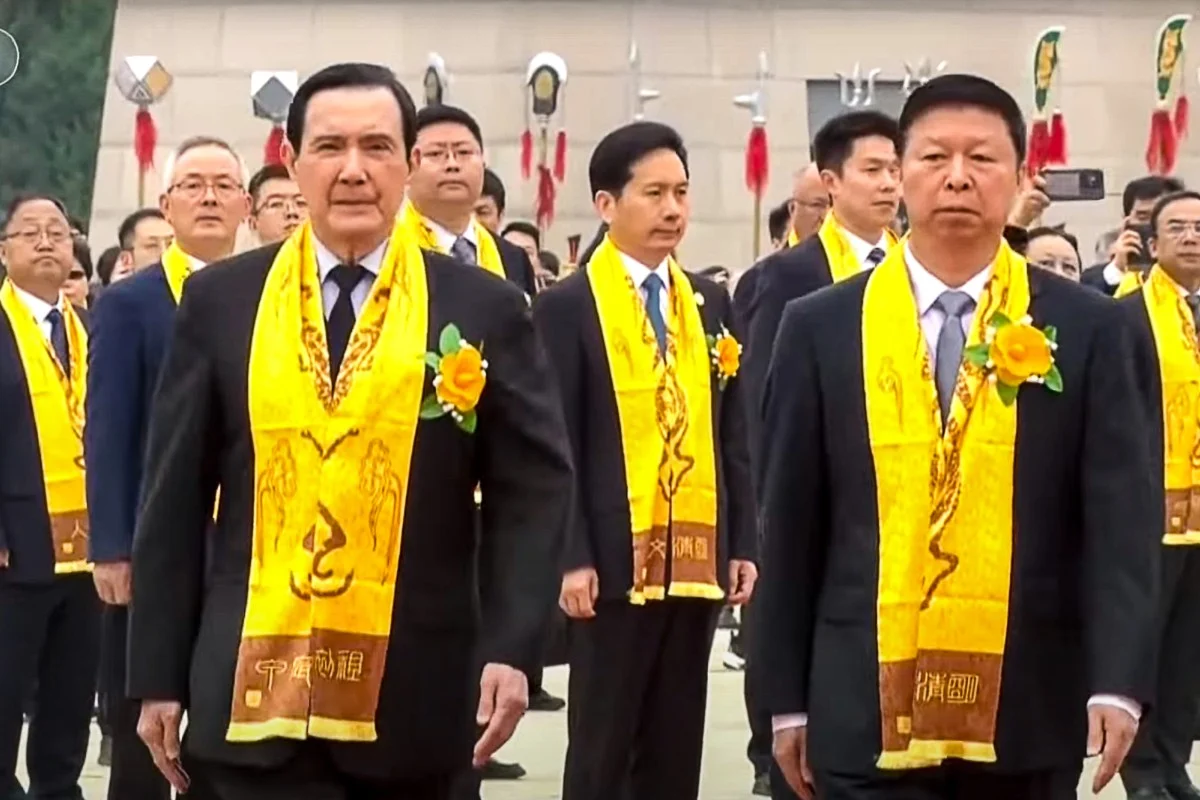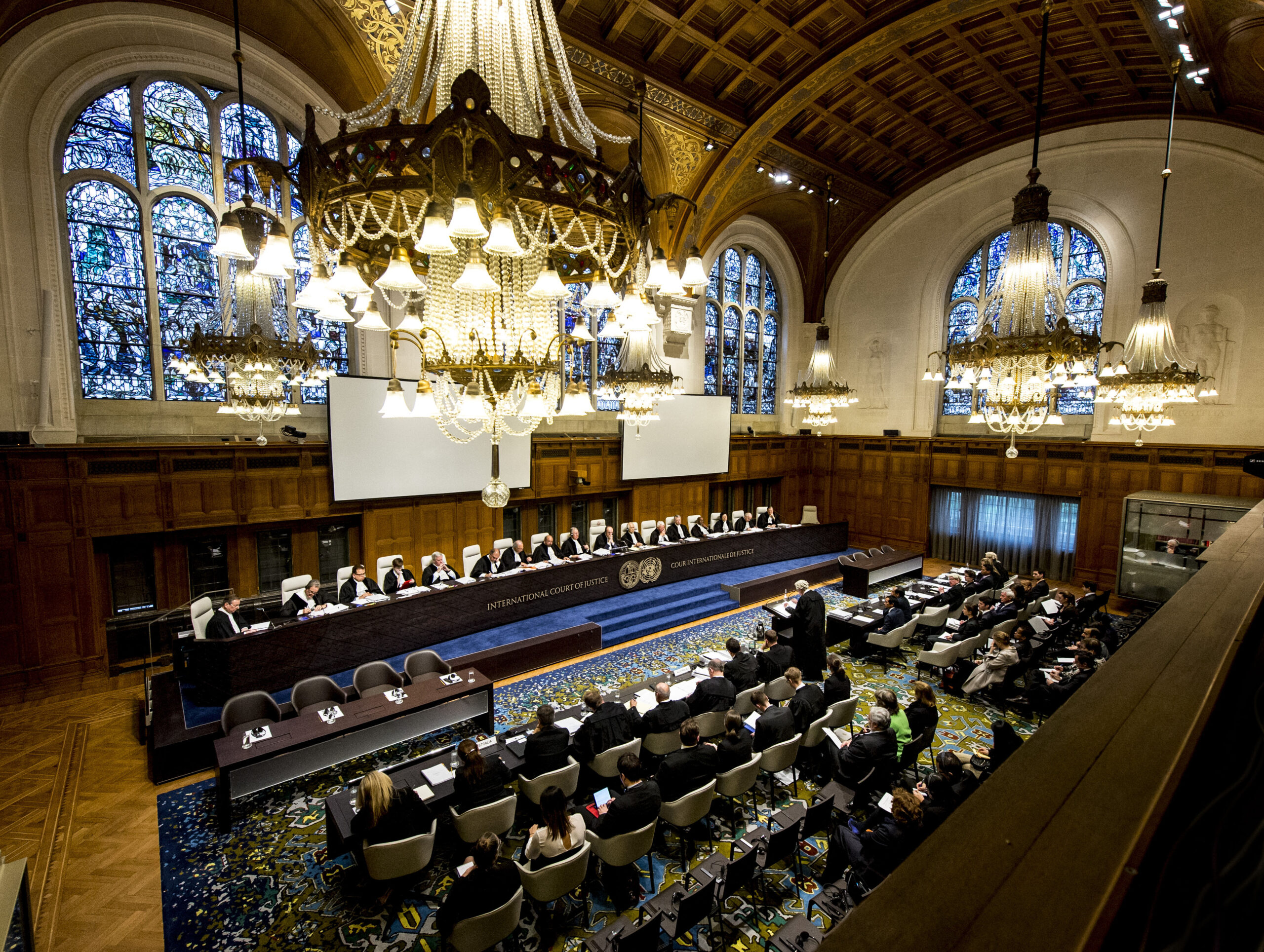February 6th, 2019. The Organization for the Prohibition of Chemical Weapons (OPCW) has released a statement on the leaks from two OPCW whistleblowers, published both on Wikileaks and the Working Group on Syria, Propaganda, and Media.
The leaks include a variety of documents ranging from email exchanges between the members of one of the Syrian fact finding missions (FFM) and entire engineering reports on the April 2018 Douma chemical weapon attacks in Syria, and may very well reveal something between gross incompetence and negligence, and something a little more sinister.
In March 2019, the OPCW released it’s official and final report on the Douma attacks, concluding that it’s likely the metal cylinders allegedly coated in chlorinated chemical residue were dropped from an aircraft, signifying Syrian President Bashar al-Assad’s culpability in the attacks, since the Wahabi militia which Douma was controlled by had no access to aircraft.
In May 2019, the Working Group released an unpublished report which contradicted those findings, stating that: “Taken together, these findings establish beyond reasonable doubt that the alleged chemical attack in Douma on 7 April 2018 was staged”.
Moscow, Russia, May 17th 2018. PICTURED: Syrian President Bashar al-Assad at the Kremlin photo credit www.kremlin.ru
Omitting facts
Ian Henderson, a long time employee of the OPCW and author of the second report leaked in May, was assigned to the Damascus port of the OPCW during the time when the FFM was deployed to Douma to investigate.
The statement last week from the OPCW states that Henderson was “assigned to conduct an inventory of Highly Protected information collected from the cylinders and what information was needed to carry out further studies”.
Henderson’s primary issue with the final, March 2019 report on the Douma attacks was that it was prepared, not by the FFM which was in Syria, but largely by another “Core Group” stationed in Turkey as support.
“The main concern relates to the announcement in July 2018 of a new concept, the so-called FFM ‘Core Team’, which resulted in the dismissal of all of the inspectors who had been on the team deployed to locations in Douma and had been following up with their findings and analysis,” said Henderson in a recent speech to the UN.
In an email released by Wikileaks, the second OPCW whistleblower who was also stationed at Damascus, “Inspector B,” tried to bring the attention of his superiors toward his “gravest concerns” that a redacted version of the original report prepared for release omitted many crucial facts and that “an unintended bias has been introduced to the report”.
Chlorine gas, or household bleach
In the email, Inspector B explains why the wording in the heavily redacted version of the report, specifically as it relates to chlorine containing chemicals, is irresponsible and incorrect.
Quoting from the redacted report, B states that a sentence in the final conclusion is incorrect. “The team has sufficient evidence at this time to determine that chlorine or another reactive chlorine containing chemical was likely released from the cylinders,” the report reads, while B explains that is “highly misleading and not supported by the facts”.
This is because the chlorine containing chemicals listed in the redacted report include several chlorine compounds commonly found in household bleach. B took issue as well with the fact that weaponized chlorine gas was singled out as a specific possible cause of the residue found on the cylinders because of the obvious bias such a statement carries.
Furthermore, as Dave DeCamp writing for Antiwar.com details, during his testimony to a Courage Foundation meeting in Brussels, an organization that works to support whistleblowers and others who take risks to “make significant contributions to the historical record,” Inspector B explained chlorinated organic compounds are commonly found in any environment. If the small amounts discovered on the cylinders were to be used as credible evidence they would need to have been compared with samples taken in the surrounding environment for comparison such as the buildings, the streets, and more.
If chlorine gas was indeed present in the atmosphere around Douma, samples should show them being much higher, but the results, according to B, showed the opposite.
Later DeCamp writes, one Sami Barrek of the OPCW was put in charge of replacing the version of the report which Henderson, Inspector B, and the rest of the FFM had drafted with a different one. In Barrek’s version of the report, he allegedly told the FFM that he was removing most of the details regarding chlorine compounds.
In an email exchange, unknown members of FFM displayed their concern when they wrote: “Isn’t there a danger that leaving out the reference to concentration, is going to allow some readers to arrive at a simplistic conclusion. Presence of chlorine/chlorides ‘therefore it was an attack,’” while another more concerned member wrote Barrek: “Can we take it then that you are unilaterally deciding to remove this fact from the report against the recommendations of the team?”
Casus belli
As World at Large reported in October, the March OPCW report on the attacks in Douma are still being used by the State Department and other government entities to push certain policies.
Taken from an earlier article from World at Large.
“The facts, however, are clear: the Assad regime itself has conducted almost all verified chemical weapons attacks that have taken place in Syria—a conclusion the United Nations has reached over and over again,” reads the secretary’s statement.
Now in late September, Mike Pompeo announced that U.S. intelligence has confirmed it was Assad who attacked civilian populations in northwest Syria with chlorine gas.
Later, Jim Risch (R – ID) Chair of the Senate Foreign Relations Committee used this in a press release to justify and encourage the Senate to push through the Caesar Syria Civilian Protection Act, that had already passed the house. This piece of legislation, as World at Large detailed, includes provisions that would allow the president both military and economic warfare options against anyone supporting the Syrian petrochemical industry, or taking significant action against civilians in Syria, which includes Assad, but also Iran and Russia.




